Truth and Debate During COVID

One lesson my students and I learned during the pandemic is that, in politics, our debates don’t rely upon pure reason. Government, media, and popular opinions—all in different ways and for different reasons—are shaped by their factional commitments. And, as we saw during COVID, the internet magnifies the viral nature of ideas, both for good and for ill.
One Man’s Incomplete Search for the Meaning of COVID-19

Robert Zaretsky’s book, Victories Never Last: Reading and Caregiving in a Time of Plague seeks to apply the wisdom of six writers—Thucydides, Marcus Aurelius, Michel de Montaigne, Daniel Defoe, Albert Camus, and Mary Shelley—to his own experiences of pandemic. For all its fascinating reflections, the book offers the reader no account of theodicy, and provides no systematic handbook for making sense of global pandemic. Nonetheless, he successfully shows that great books and thinkers of bygone eras continue to assert their relevance.
Did Ancient Greeks and Romans Really Believe in the Gods?

In Belief and Cult: Rethinking Roman Religion, Jacob Mackey argues that the ancient Romans’ participation in polytheistic rituals necessarily implied that they believed in their gods. But his discussion of Roman religion would have been even more persuasive if he had spent more time discussing ancient documents and less time explaining modern theories of belief and practice.
Rights and Liberty in the Western Legal Tradition

John Witte, Jr.’s The Blessings of Liberty offers a wonderful overview of the development of human rights in the West. He contends that natural rights are found in the Bible, were developed by Christian thinkers, and played an important role in the West long before Enlightenment thinkers wrote about them. Witte also focuses on religious freedom more narrowly as the preeminent right.
Virtue Can’t Be Learned from Devices

During the pandemic, schools deployed digital technologies enabling them to efficiently transmit content and monitor student engagement at a distance. Unfortunately, these technologies have become entrenched, and screen-based activities now dominate many classrooms. But to develop intellectual and moral virtue, schools must engage students’ bodies, minds, and souls. Screen-centered, digital modes of learning undermine education because they are incapable of fostering virtue in embodied human beings.
Transfiguring the Unborn: Abortion, Human Equality, and Moral Perception

Moral differences over abortion need to be understood as differences of vision. While pro-life advocates rightly appeal to fundamental human equality, they also must respond to those who have difficulty seeing early human life as fully amongst us. Overcoming this difficulty requires developing a sense of awe and reverence before the sheer fact of human existence, as well as addressing common ways of looking away from the full moral reality of abortion.
Protecting the Unborn: A Scholars’ Statement of Pro-Life Principle and Political Prudence

Just as justice requires us to protect all unborn children, so too does it require us to protect access to life-affirming medical treatment for pregnant women facing grave medical complications. This is part of the pro-life ideal, not an exception to it. While children at all stages of development ought to enjoy the law’s protections, political realities may make it impossible to achieve this fully and immediately in many jurisdictions. When that is so, enacting the most pro-life law realistically possible is justified.
California “Transgender Refuge” Bill Usurps Parental Rights and Endangers Children
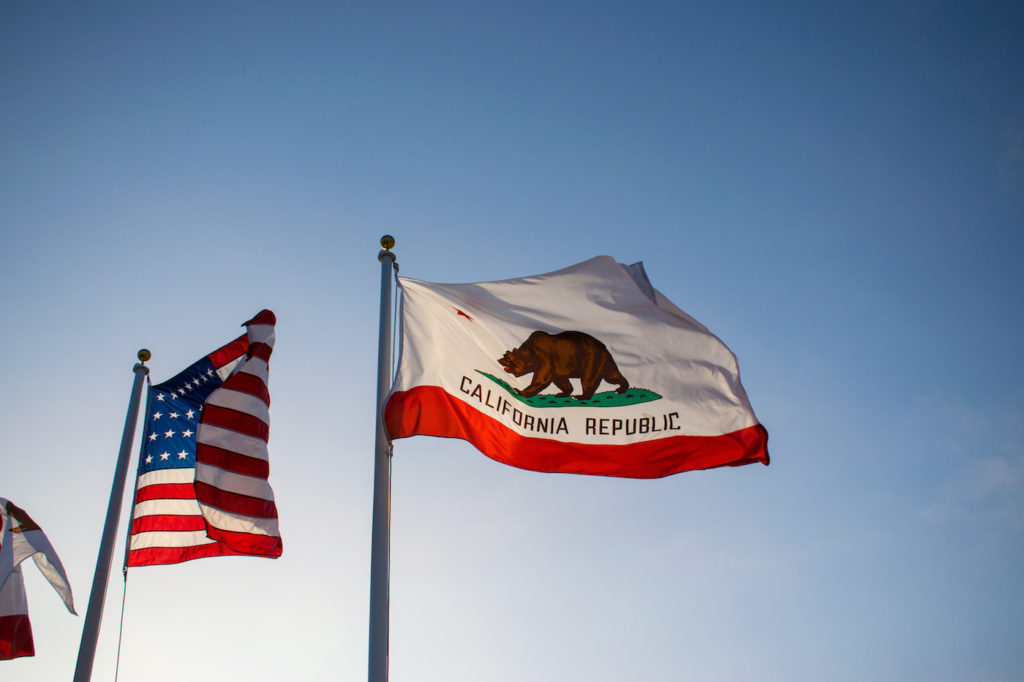
If Governor Newsom signs California’s transgender youth “refuge” bill into law, it will be one of the most explicit and radical assaults on parental rights that our nation has ever seen. While debates about how best to care for children with gender dysphoria are ongoing, one thing is clear: encouraging troubled children to run away from home and dividing them from their parents is certain to inflict great harm.
How to Make a Monarch

In an egalitarian age, the British monarchy not only persists but flourishes because of three related and often overlooked factors: British people don’t really know the monarch, so they construct one in their preferred image, and this results in a sense of ownership that provides an unexpected democratic dimension, while also offering the possibility of reform and renewal.
What Harvard Is Really Like
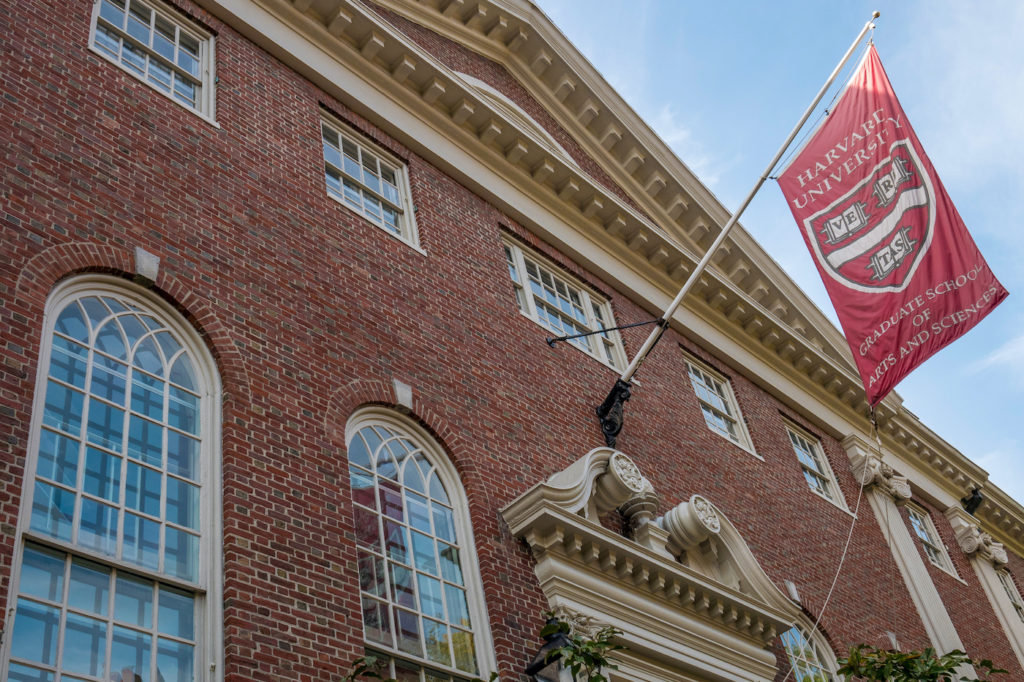
Harvard is not as perfect as its admirers claim, with intellectual curiosity and political diversity too often in short supply. But neither is it the lost cause its critics suggest, if only because its size and inherent elitism place limits on its progressive inclinations. Like most things, Harvard is what one makes of it—and this can include experiences rooted in faith and friendship.
The Bookshelf: Books in the Hand, Books in the Ether

For all their convenience, e-books just can’t do for us what physical books do. Something about the physical act of reading a book—the intertwined visual and tactile experience—stamps these things on our memory. An ebook is just too ephemeral—too disembodied, literally.
Loving Theory Instead of Literature

After reading Terry Eagleton’s new book, Critical Revolutionaries, the message is quite clear for those who love literature: avoid graduate school, find others who share your passion, and recover a proud tradition now lost to ideology and politics.
What Does the Bible Say about Abortion?

Based on the Bible’s prohibitions against killing, its teaching about the sanctity of human life, and its penalties for negligence that lead to miscarriages, it is clear that the Bible by no means condones abortion—and indeed even condemns it.
Why You Should Enjoy Being Perplexed

Being perplexed means allowing other people and ideas to change or move you at times. Perplexity doesn’t seek cheap or easy answers to serious questions. And it isn’t satisfied with momentary highs from oversimplified and triumphant assertions, but prefers the rewards of prolonged contemplation. Perplexity also turns its sights from the grotesque, and doesn’t abuse its objects for the sake of stimulation or entertainment.
In Defense of Liberalism

Francis Fukuyama offers a useful account of the pathologies of liberalism and argues that it still has the internal resources necessary to resist its critics. But his defense of liberalism seems designed only to appeal to likeminded centrists. Liberalism today should not be about splitting differences and seeking moderation, but staking out its ground and affirming its beliefs.
Why Radical Feminists Have to Go Further: A (Friendly) Critique of Helen Joyce’s Trans

Helen Joyce’s Trans: When Ideology Meets Reality is a tour de force, taking the reader through the recent history and current state of transgenderism. By tracing the development of gender ideology, and the mechanisms of its contagion among staggering numbers of young people, especially girls, the book does much to restore our collective sanity. But in the end, Joyce’s argument for the importance of the sex distinction is too thin.
Third Places: Restoring Civic Life and Resisting Consumerism
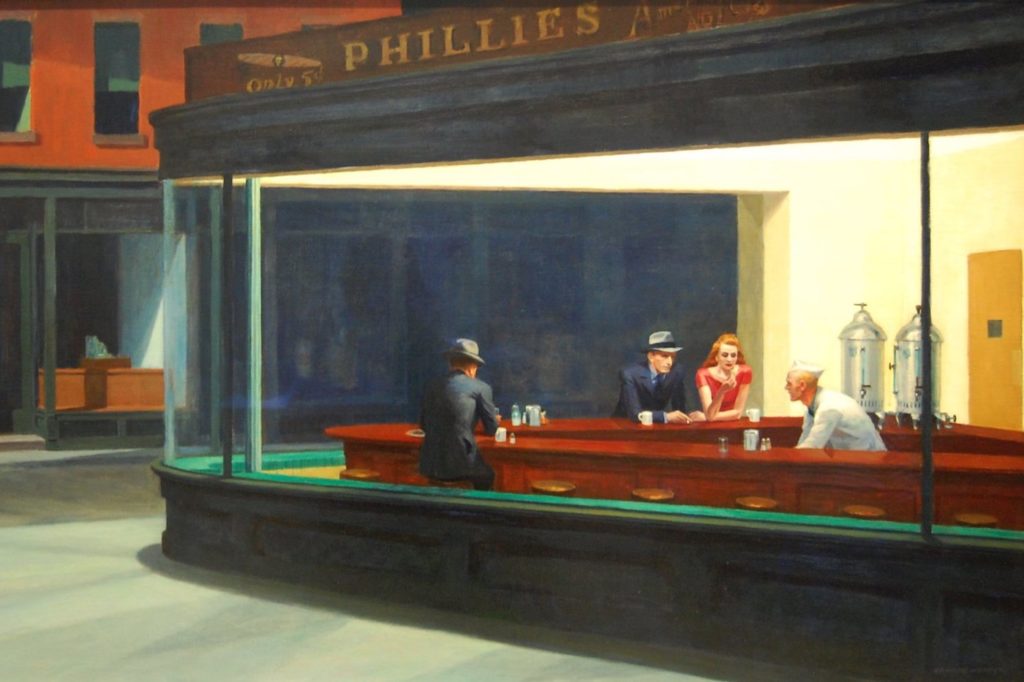
The drive for maximal efficiency and convenience has impoverished the fabric of our daily lives. As we forget the value of place, we occupy increasingly thin, homogenized, placeless environments. The role we can play in these sterile settings is only one of consumption, not citizenship. That is why we must turn to third places: they help us form close friendships and increase our civic involvement, and they compose the social infrastructure of a community.
Why Religious Freedom Can’t Protect Abortion

According to a recent complaint filed by the Jewish congregation L’Dor Va-Dor, Florida’s new law restricting abortion limits the free exercise of religion for Jewish women in Florida who wish to have an abortion after fifteen weeks. But this complaint misunderstands the nature of religious liberty: no religion, or any adherent thereof, has the lawful or moral claim to kill an innocent person in the name of that faith.
Thomas Jefferson’s Religion of Reason
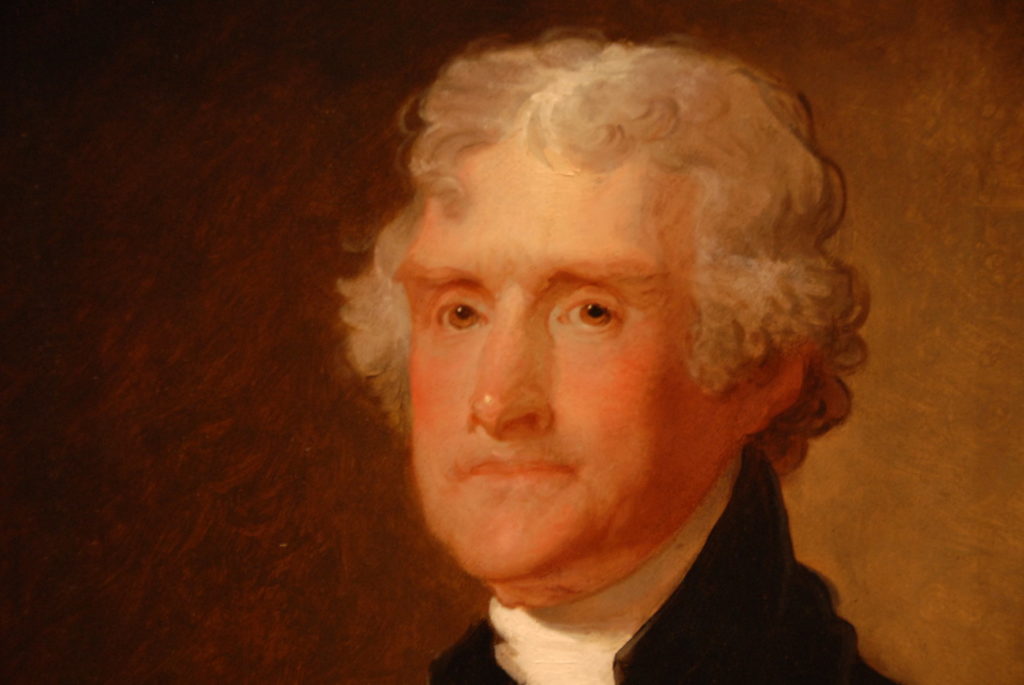
Readers of Thomas Kidd’s book, Thomas Jefferson: A Biography of Spirit and Flesh, are left with a portrait of a brilliant, morally flawed, and often contradictory, overindulgent, and undisciplined man—a combination not uncommon in great men. The biography is careful and balanced in its presentation of the evidence, revealing a man of monumental achievements and profound failings.
Why Students Must Stand for Speech

We Princeton students should recognize that each of us has a critical role to play in making sure our common good—the truth-seeking ideal—is cherished and protected by our shared culture. No matter how impressively our institution formally stands behind free speech, and no matter how spot-on our president is in his defense of it, the truth-seeking endeavor will be decimated if Princeton’s students—you and I—fail to foster an atmosphere in which the vigorous exchange of ideas is considered sacred.
Patriotism in a Polarized Age
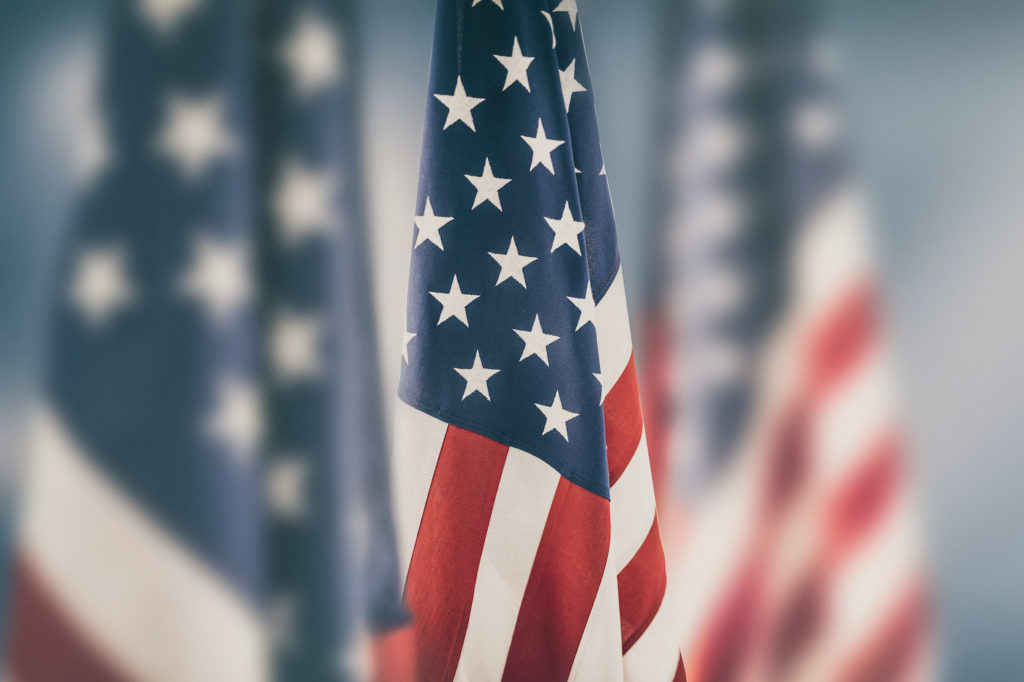
We’re not born being patriots. It’s not something that’s inscribed in our moral DNA; rather, it’s something that has to be cultivated. It is love of country. But as Edmund Burke famously wrote, “To make us love our country, our country ought to be lovely.” What does it mean to have a lovable country, and what should the honest patriot do or think?




